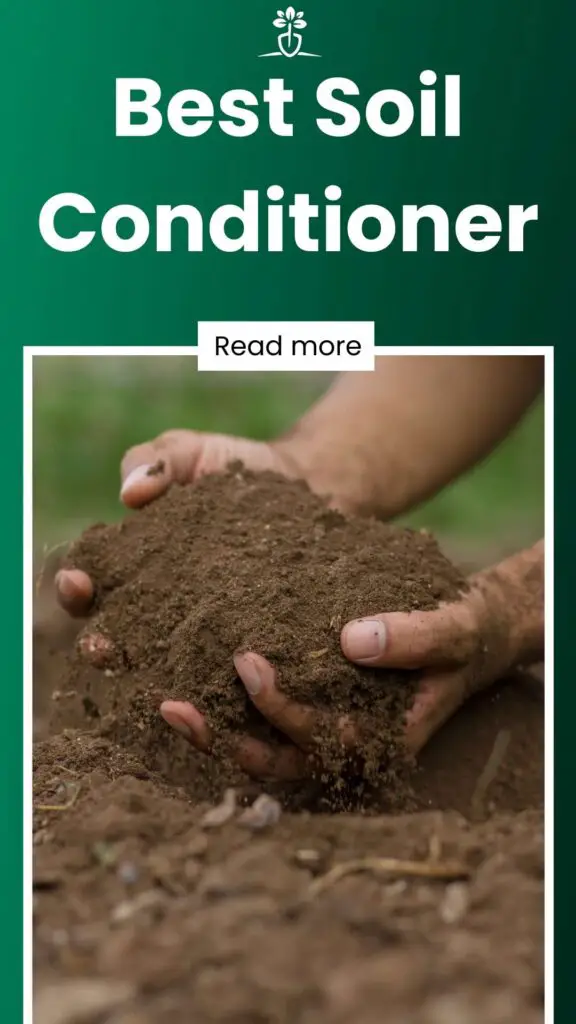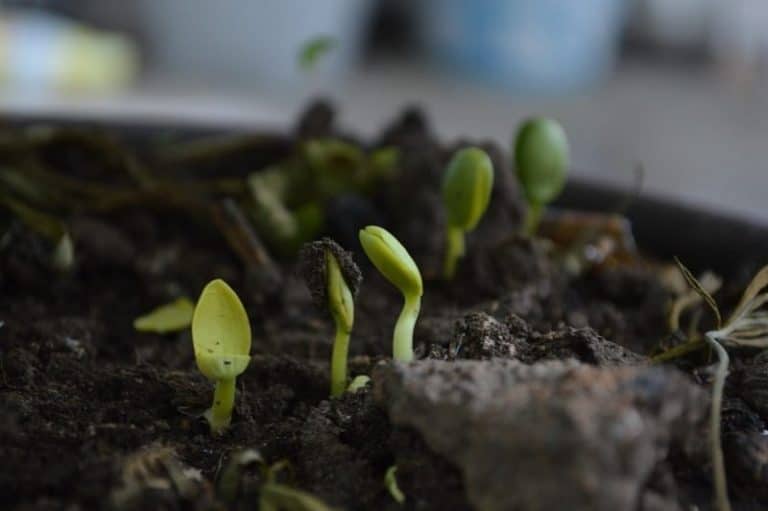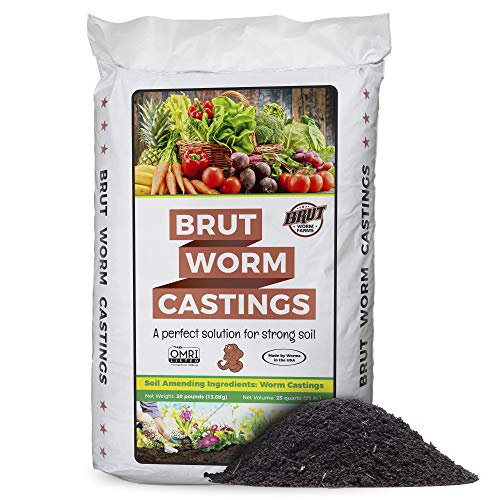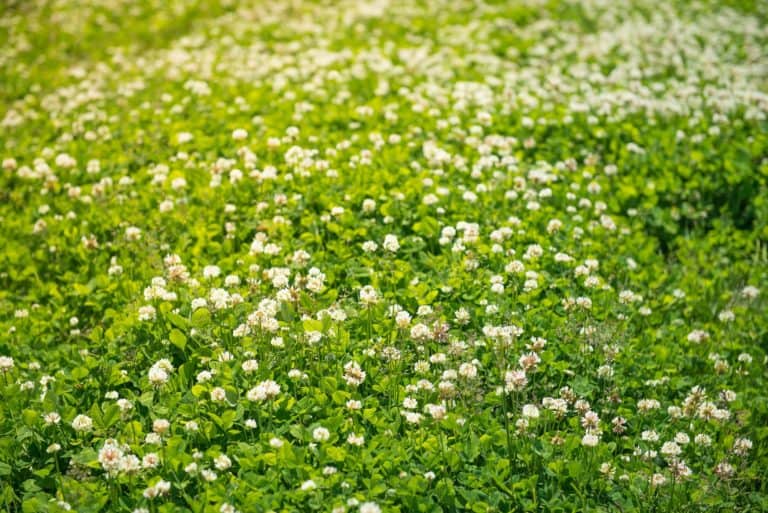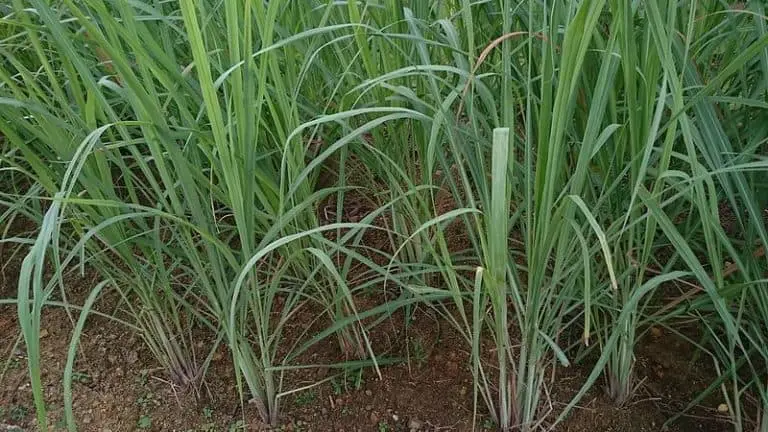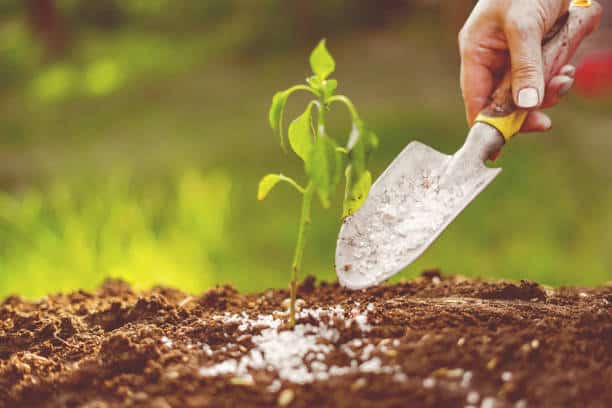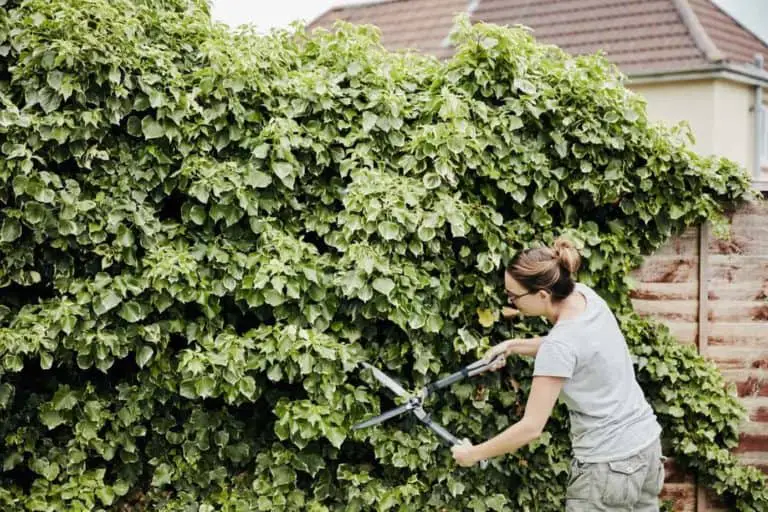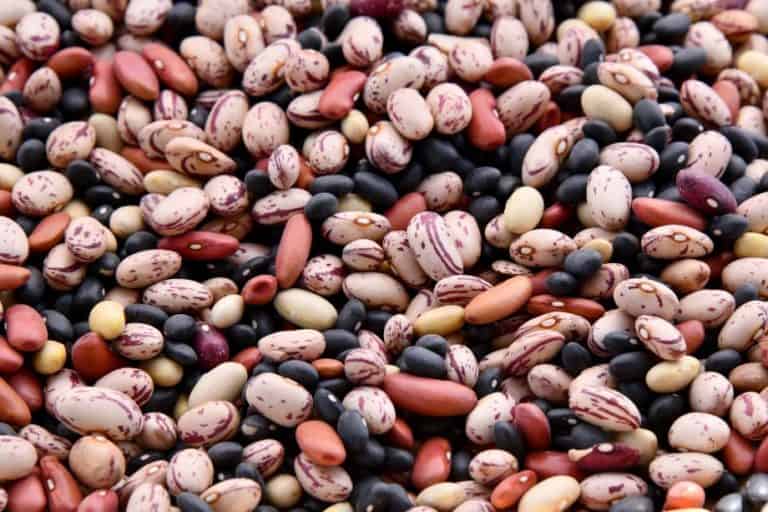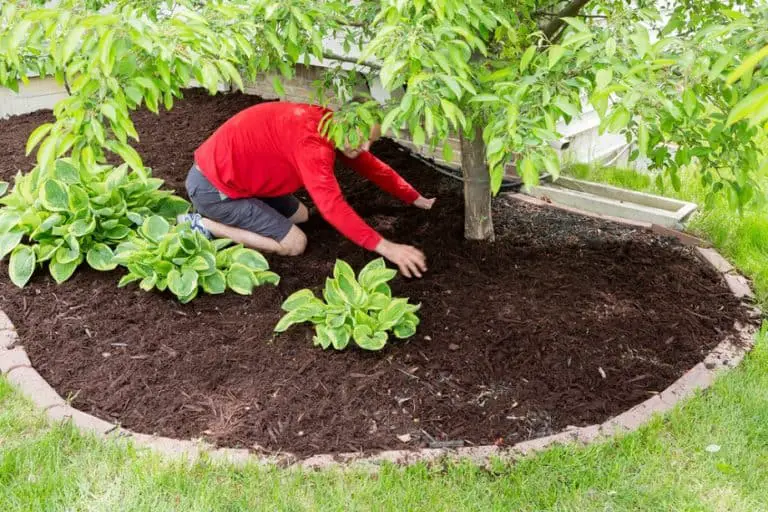Best Soil Conditioner
Creating a delightful garden or lawn takes more than just a quick look. Compost and fertilizer work magic in boosting soil nutrients. However, if the soil feels wrong, fertilizers won’t cut it. This is where soil conditioners come into play and change everything.
These are products that improve the overall physical characteristics of soil, such as drainage, texture, pH, and organic matter. There are several types of these products, both natural and inorganic. If you’d love to try them out, keep reading to find out our best soil conditioner for you.
Top Picks at a Glance:
Contents
Best Soil Conditioner Reviews
1. Simple Lawn Solutions Liquid Aerating Soil Conditioner
Key Features
- It contains 60% Ammonium Laurel Sulphate and other ingredients.
- The bottle is 1 quart, and it covers at least 32,000 square feet.
- It is in liquid form, and it’s applied by spraying.
If you’re looking for a soil conditioner that works similar to the manual lawn aerators, this soil loosener may be a good idea. They don’t mention the ingredients, but it’s known to contain 60% Ammonium Laurel Sulphate.
Why we like it
- It helps improve the drainage of the soil.
- It also facilitates soil aeration and loosens up compacted soil.
- It is kid-friendly and pet-safe.
- It doesn’t leach any harmful chemicals to the soil.
- One bottle covers a huge area.
- It’s also easy to apply.
What we don’t like
- There are cases where the bottle didn’t really cover 32,000 square feet.
- If you maintain your lawn regularly, you may not see a difference, but that doesn’t mean it’s not effective.
Our Verdict
We believe this product is ideal for lawns that aren’t regularly maintained or a new home where you found a dying yard. It’s good at breaking compacted soil, improving soil drainage, and facilitating root growth.
2. Hoffman 15503 Sphagnum Peat Moss
Key Features
- This Hoffman’s product contains 99.8 natural compositions.
- You can use it alone, or combine it with perlite and vermiculite.
- It has a pH of 4 to 4.5.
- Each bag weighs about 3 pounds and contains 10 quarts of peat moss.
Peat Moss is especially good if you have plants that tolerate acidic environments. It is made from decomposed mosses and other plant organisms. Unlike coconut coir, it is readily available in most places around the world, and it’s excellent as a soil conditioner, as well as a planting medium.
Why we like it
- It improves the water retention capabilities of sandy soil.
- It is also instrumental in breaking up clay soil.
- It works best for acid-tolerant plants such as camellias, azaleas, and rhondonderons.
- Unlike coconut coir, peat moss has microorganisms that help prevent diseases, improve soil structure, and facilitate nutrients uptake in the soil.
- It also holds on to nutrients, making it a suitable planting medium.
What we don’t like
- It is very acidic-limiting the areas where it can be applied.
- Peat moss is drained from peat bogs which are habitats to other organisms. Harvesting of this moss also leads to the release of Carbon Dioxide to the atmosphere. This makes it less environmentally friendly.
- It’s also not renewable since it takes too long to develop.
- Diseases from the decaying plants may also be transferred to your plants.
Our Verdict
As a soil conditioner, this product is excellent. However, you should use it sparingly due to the environmental concerns. We’ve also mentioned it’s best for acid-loving plants.
3. Brut Worm Castings Soil Conditioner
Key Features
- It’s a 30 pounds bag of earthworm castings from Brut Farms.
- It doesn’t feature any additives.
If you’re looking for a soil conditioner that also has some nutrients, you will love these worm castings from Brut Farms. Brut Farms raise these worms on their farm in Minnesota. Worms feed on various foodstuffs such as vegetables and produce vermicompost that can be used directly on the farm.
Why we like it
- Worm castings are odourless, pet-safe and kid-friendly.
- They also contain organic matter, thanks to the microbial, which enriches the soils with nutrients such as potassium nitrogen, and phosphorus.
- These castings work gradually over a long period.
- They are environmentally friendly since they don’t feature any chemical additives.
- They improve soil structure and improve aeration.
- Worm castings also prevent the uptake of harmful minerals that may be in the soils.
- They also improve water retention in dry soils.
What we don’t like
- The microbial becomes dormant over time, so if you keep it for too long without using it, it may become less effective.
Our Verdict
Since worm composting bins may be expensive to install, and they also take some time to produce enough, this packaged product saves time and money. The castings are environmentally friendly and can be used on almost all types of soils.
4. Coco Bliss Premium Coconut Coir Soil Conditioner
Key Features
- These bags are 100% organic materials.
- You can choose between the 10 pounds bag, 20 pounds bag, and the coco coir chips.
- These coconut chips are washed thoroughly in water to reduce the EC level (electrical conductivity, also known as the salt content levels).
- pH levels – 5.8 to 6.8.
One of the best ways to “stay green” is to use ecologically friendly materials such as organic products. Coconut Coir is a natural soil conditioner that has been used to improve soil structure, and also as a planting medium in hydroponics. Plantonix has packaged coconut coir in 10 pounds and 20 pounds bags.
Why we like it
- It has a low pH level, so it will not alter your’ soil’s pH.
- While the other soil conditioners improve soil drainage, this model enhances the soil’s water retention and prevents the leaching of nutrients below roots levels.
- It is renewable, making it a perfect alternative to peat moss.
- It’s also good at breaking compacted soils and hard soils like clay for nutrients intake.
- It decomposes gradually, hence lasting longer in the soil.
- It can also be used as worm bedding in worm composting.
- Its water retention qualities and abilities to keep diseases at bay make it a perfect medium for hydroponics.
What we don’t like
- It contains high salt levels since coconut is grown in ocean regions. The manufacturer promises that they wash it thoroughly, but you should take precautions such as watering regularly to prevent any salt residues from accumulating in the soil.
Our Verdict
We recommend this product for it has a wide variety of users, and it’s a favourite organic soil conditioner for most homeowners. If you’re finding it hard to use peat moss, we believe you’ll find it easy to transition to coco coir.
5. Soil Logic Liquid Gypsum
Key Features
- It contains the following elements; surfactants, calcium chloride, penetrants, Humectants, and water-soluble polyacrylamide.
- It comes in a liquid form and a refillable spray bottle.
- They come in different sizes with the smallest bottle covering 1000 square feet, while the largest (2.5-gallon bottle) covers 20,000 square feet.
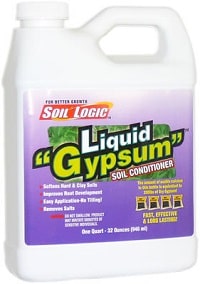
Gypsum is known for being effective in improving soil structure for clay soils, improving drainage, and dealing with salt problems in your lawns. This Soil Logic’s product is even better since it’s in liquid form. Therefore, you don’t have to wait for it to dissolve. It starts acting immediately.
Why we like it
- Since it’s in liquid form, it’s easy to apply, and it acts faster than the powder or suspension forms.
- It’s very effective at loosening hard soils such as clay soils.
- It also improves soil’s drainage and facilitates root growth.
- Most users also agree that it removes the salt problem in lawns.
- It’s environmentally friendly since it doesn’t leach any harmful chemicals to the water table, or damage other plants.
- Gypsum is also pet safe.
What we don’t like
- Gypsum is a slat, so after a few hours of applying it may significantly increase the soil’s salinity. So if you have salt-sensitive plants, they may be affected. To avoid this, water regularly after application so that the residual salt is leached below the roots level.
Our Verdict
We recommend this soil conditioner to homeowners with hardened soils or those with salt issues. The liquid form is easy to apply, acts fast, covers a large area, and you don’t have to deal with carrying huge bags of the powdered form.
Soil Conditioner Buying Guide
There are many types of soil conditioners, including Gypsum, worm castings, peaty moss, coco coir, and an artificial product. Others include straw, sulfur, lime, biosolids, vermiculite, bone meal, and many more.
As mentioned earlier, conditioners aren’t exactly fertilizers. They change the soil’s structure to improve drainage, improve water retention, nutrients uptake, and keep the soil loose. The conditioner you choose depends on many factors. We have discussed some of them below.
- Soil texture – Different soils have different textures. Sandy soils have larger particles that make it hard to retain moisture and nutrients. Therefore, you should look for soil conditioners that improve water retention. Clay, on the other hand, has smaller particles that easily compact together. For such, a conditioner that keeps the soil loose is the best. Loam soils are always well balanced, so either of the conditioners will be fine.
- Soil pH – Soil conditioners alter the soil’s pH based on their combination. You need to consider the plants you have and the pH that is ideal for their growth and use a conditioner that will alter the pH towards that level.
- Salt content – Most of these soil amendments have some salt content. So if your plants are susceptible to salt, go for a product with a lower salt level.
- How long will it last in the soil – Some conditioners act immediately while others are released into the ground over a long period. For short term results, such as in a lawn, fast actors are fine. For long term results, slow-release conditioners, like coco coir, would be the best.
Frequently Asked Questions (FAQs)
1. What is a Soil Conditioner Used for?
Soil conditioners are used for improving the soil’s structure. Soil hardens over time, making it hard for water and nutrients to reach the roots. It also improves water retention for dry soils such as sandy soils. Some conditioners also add nutrients to the ground.
2. Is Soil Conditioner the Same as Compost?
Not really. A soil conditioner is meant to improve the structure of the soil, and improve water retention, while compost is designed to make nutrients readily available to plants. They function similarly to some extent, but they are not the same.
3. Is Soil Conditioner a Fertilizer?
Soil conditioner is not fertilizer. Soil conditioners change the structure of the soil, but fertilizer only adds nutrients without altering the soil structure. Applying fertilizer in a poorly conditioned soil is ineffective.
Final Thoughts
Clay soil and high salt concentration seem to be a significant problem for most homeowners, and having a soil conditioner that can deal with both would be great. That’s why we believe that Soil Logic’s Liquid Gypsum should be your go-to conditioner. It has a high concentration of Gypsum, and other elements, which make it effective in loosening clay soil to facilitate aeration and nutrients uptake.
It comes in a liquid form that’s easy to spray. We also love it for it acts fast. Even though you may prefer a conditioner that adds some nutrients, you can always add compost or fertilizer alongside the conditioner. It’s also environmentally friendly, pet-safe, and kids friendly. Another reason why we recommend it for it covers a large area for a relatively lower price. Since it’s also a salt, we even advise you use a lot of water to prevent salts from accumulating in the soils.
